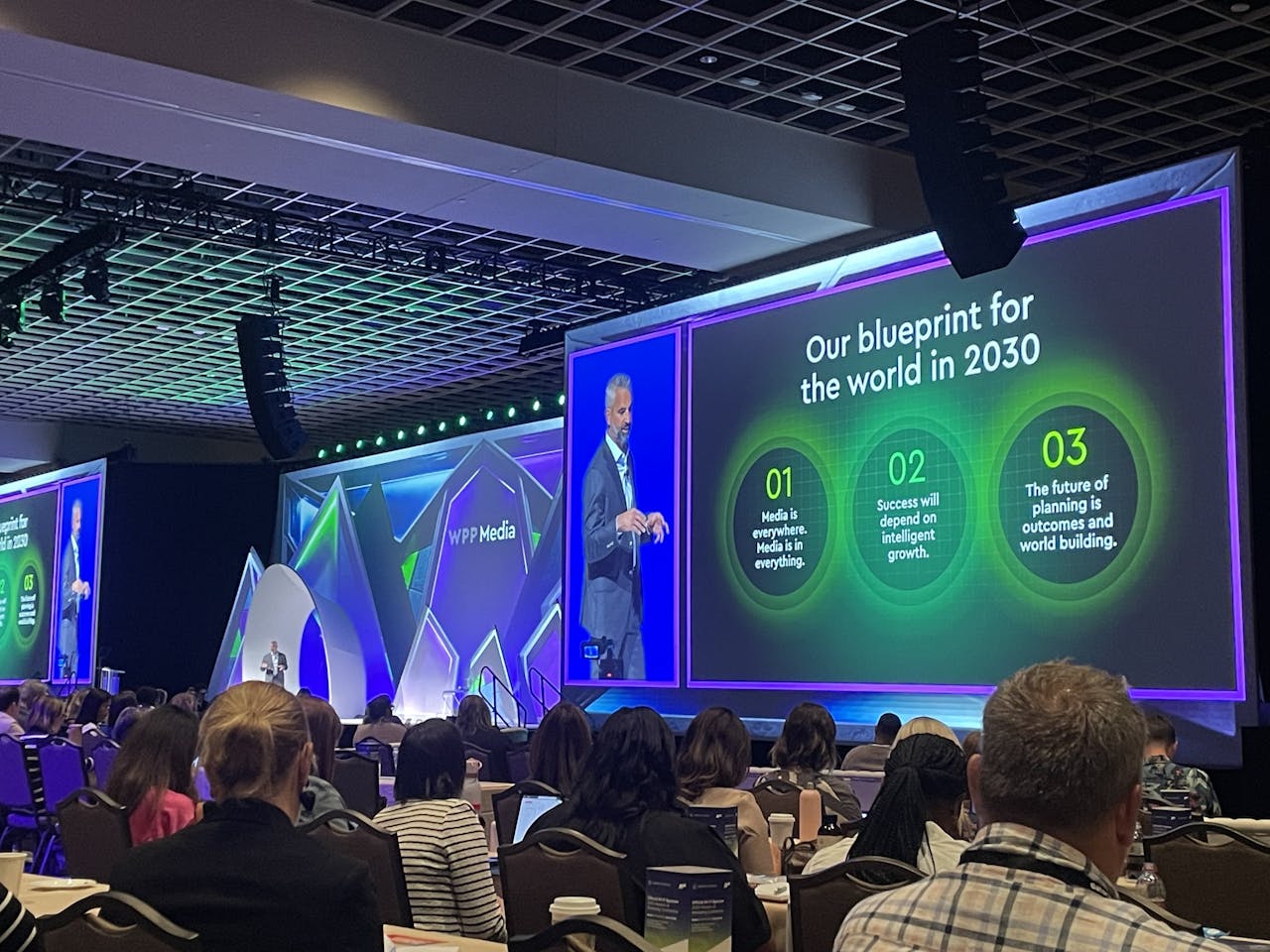fromForbes
2 days agoHow Expert Convictions About Marketing Have Shifted (And Why)
I've done a 180 when it comes to the use of AI. Instead of viewing ChatGPT as a threat, I now look at AI more broadly and view it as an opportunity. Original, well-articulated ideas stand out in GEO-driven searches much more than they ever did in SEO-driven search. As such, there's a huge opportunity to articulate and amplify thought leadership, which is what we've been doing all along. - Margy Sweeney, Akrete
Marketing

























